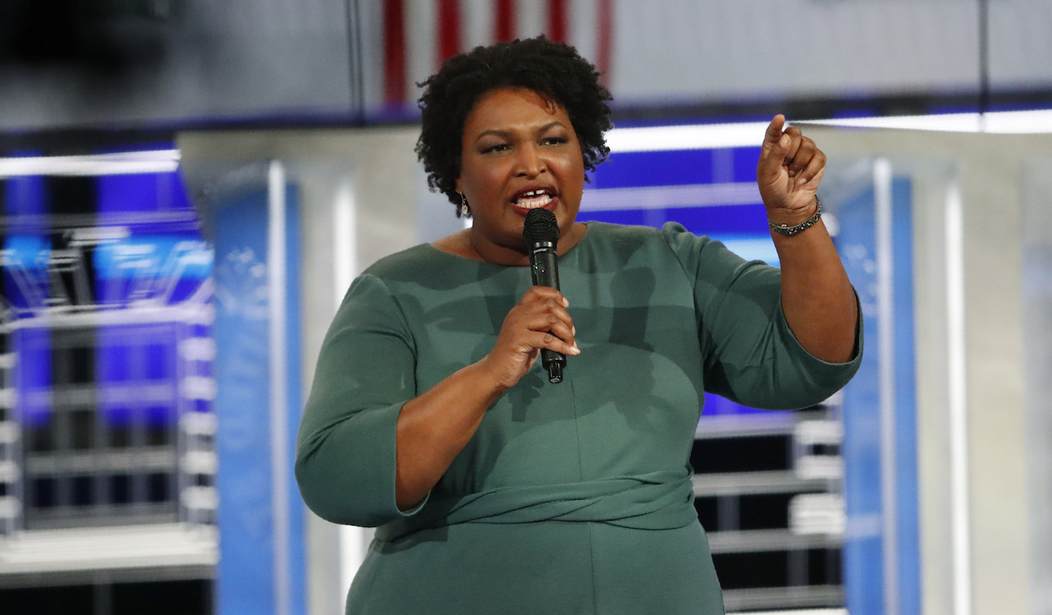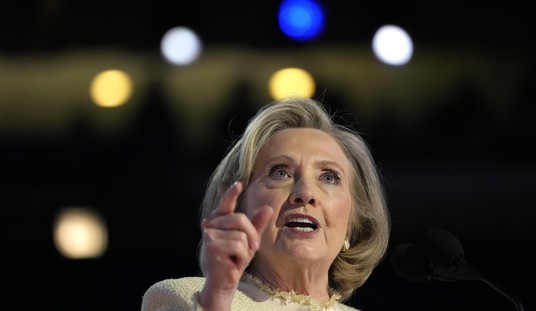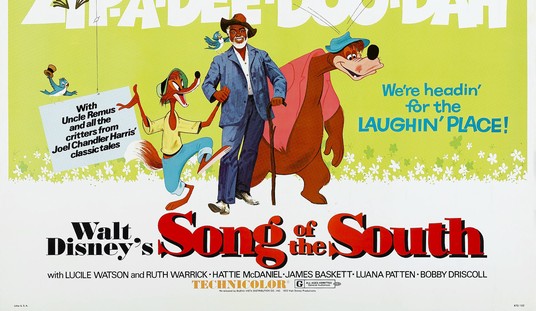This week, President Donald Trump named J. Christian Adams, a former Department of Justice (DOJ) civil rights election lawyer, president of the Public Interest Legal Foundation, and PJ Media columnist, to the U.S. Civil Rights Commission. In his first interview after that appointment, Adams explained exactly why the Left’s “voter suppression” mantra is a deceptive weapon used to make legal political tactics seem illegal.
“Voter suppression” refers to a strategy of winning elections by discouraging people from voting, typically by restricting legal access to the ballot. After Stacey Abrams lost the Georgia governor race in 2018, she claimed that minority voters were effectively disenfranchised, leading to her loss.
“Most of us understand voter suppression as the 1960s images of billy clubs and hoses and dogs barking, aggressive interference. But in the 21st century, voter suppression looks like administrative errors. It looks like user error. It looks like mistakes, but it is just as intentional and just as insidious,” she argued in February 2020. Abrams is spearheading Fair Fight, a group dedicated to fighting “voter suppression.”
Yet Adams explained that Abrams’ campaign is premised on fighting a “fantasy concept” that does not exist in federal law.
“I’ll give a $500 gift card to anybody who can find a federal law that mentions voter suppression,” Adams told PJ Media. “It is a term invented by the left to blend the legal with the illegal, the acceptable with the unacceptable.”
“It’s a way to brand and taint people who believe in election integrity by grafting them into the bloodline of Jim Crow. It’s a fake term that doesn’t exist in the law. It’s used to smear people who advocate legal things,” Adams explained.
Many campaigns engage in a strategy of discouraging voters from turning out to cast a ballot, but that is different from unfair structural efforts to suppress voting. The Obama campaign used a voter depression strategy, Adams noted. “They tried to suppress the zeal of middle-class voters in places like Pennsylvania and Michigan.”
“There’s no rule that says everybody must be encouraged to vote. Campaigns build strategies around discouraging people from voting. It’s legal and it’s what everybody does,” he explained.
While the law does not prevent campaigns from discouraging groups of people from voting, it does prohibit governments from preventing individuals from voting.
“The real terms are ‘vote denial,’ when somebody stops you from voting; ‘Vote dilution’; and ‘voter intimidation,’ which has clearly defined parameters,” Adams explained. “Those three are in federal law. Voter suppression is a fantasy concept not in federal law.”
Adams has handled cases involving each of these crimes. In the case Davis v. Guam (2020), he represented a white man who was barred from voting in Guam’s plebiscite because he could not trace his ancestry back to the original inhabitants of Guam, a clear case of vote denial. In United States v. New Black Panther Party (2009), he prosecuted New Black Panthers who dressed in full paramilitary regalia and intimidated white voters at a polling place in the 2008 election.
He prosecuted the vote dilution case United States v. Georgetown County School District (2008), where an at-large representation system kept the members of a South Carolina school board entirely white, not representing the 38 percent black population. “The whites were always outvoting the blacks, and it led to the blacks not having a voice,” Adams told PJ Media.
In 1982, President Ronald Reagan signed an amendment to the Voting Rights Act that made this kind of vote dilution illegal. “If the blacks are always losing and there’s racially polarized voting,” and the government can prove “causality” in the effective disenfranchisement of voters, that constitutes illegal vote dilution.
Adams explained the principle further. “What if you were a racial minority in a county? You’re in a county [where] 70 percent of the county is black and you’re white and every single election, whites lose for school board and the entire educational institution is focused around black issues. You have no voice. What if, every time you go to complain about something, you were faced with someone of a different race and it seemed like the whole school was dedicated to the black racial majority?”
“You would start to feel powerless in that school district,” Adams concluded.
Thanks to his efforts, there are three black school board members elected in Georgetown County, S.C., giving black people a voice in the education of their children.
Adams explained that this kind of case requires prosecutors to go through a “very clearly delineated step-by-step process before you use federal power to give somebody a seat at the table. It anchors at the causality.”
“You’re not creating group rights, you’re remedying past wrongs. That’s how I view it as constitutional,” he said. In order to get single-member districts, the government drew a district “that’s not crazy-looking that was majority-minority.”
Each of these cases involved a clear violation of federal civil rights law, unlike spurious claims of “voter suppression.”
Tyler O’Neil is the author of Making Hate Pay: The Corruption of the Southern Poverty Law Center. Follow him on Twitter at @Tyler2ONeil.









